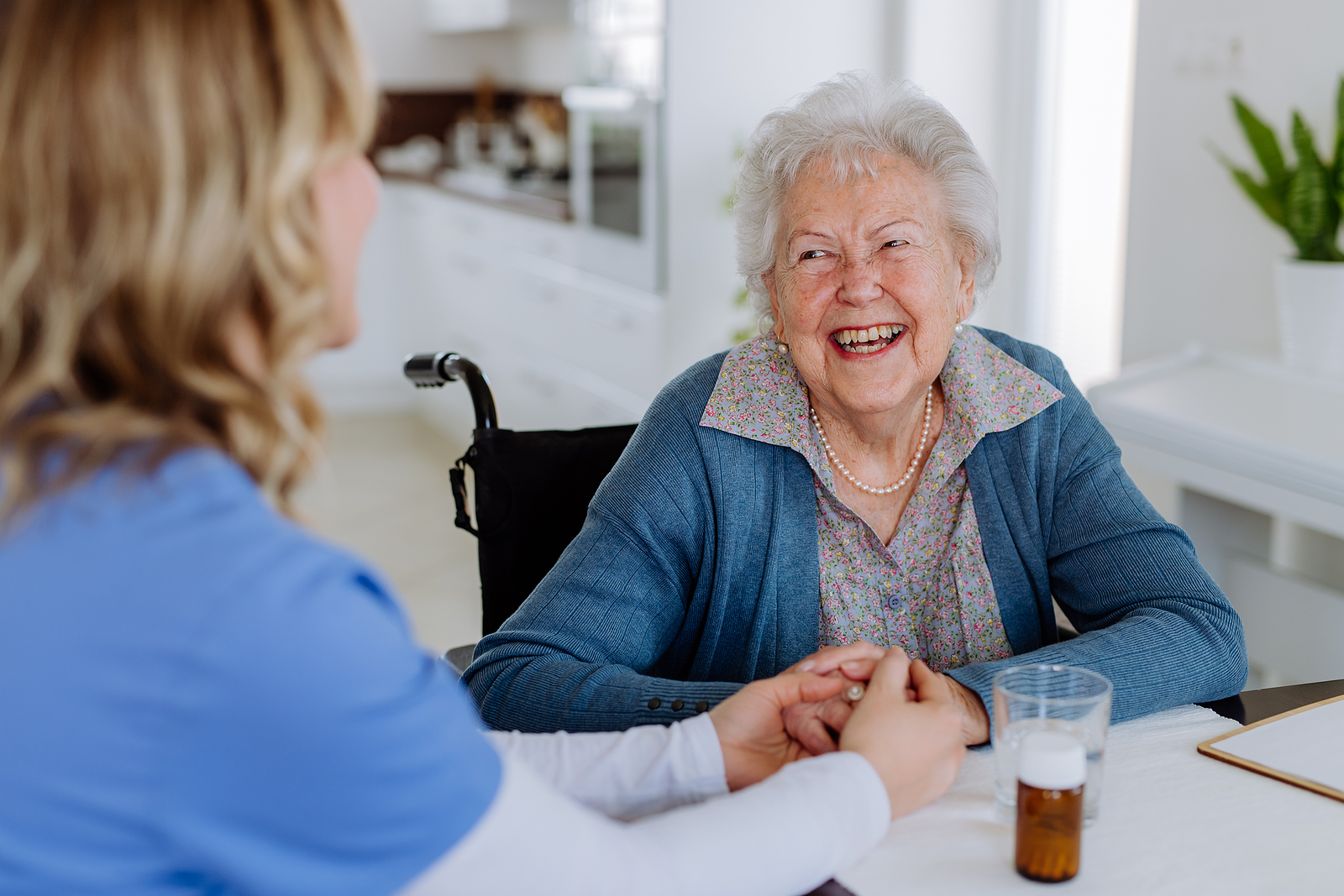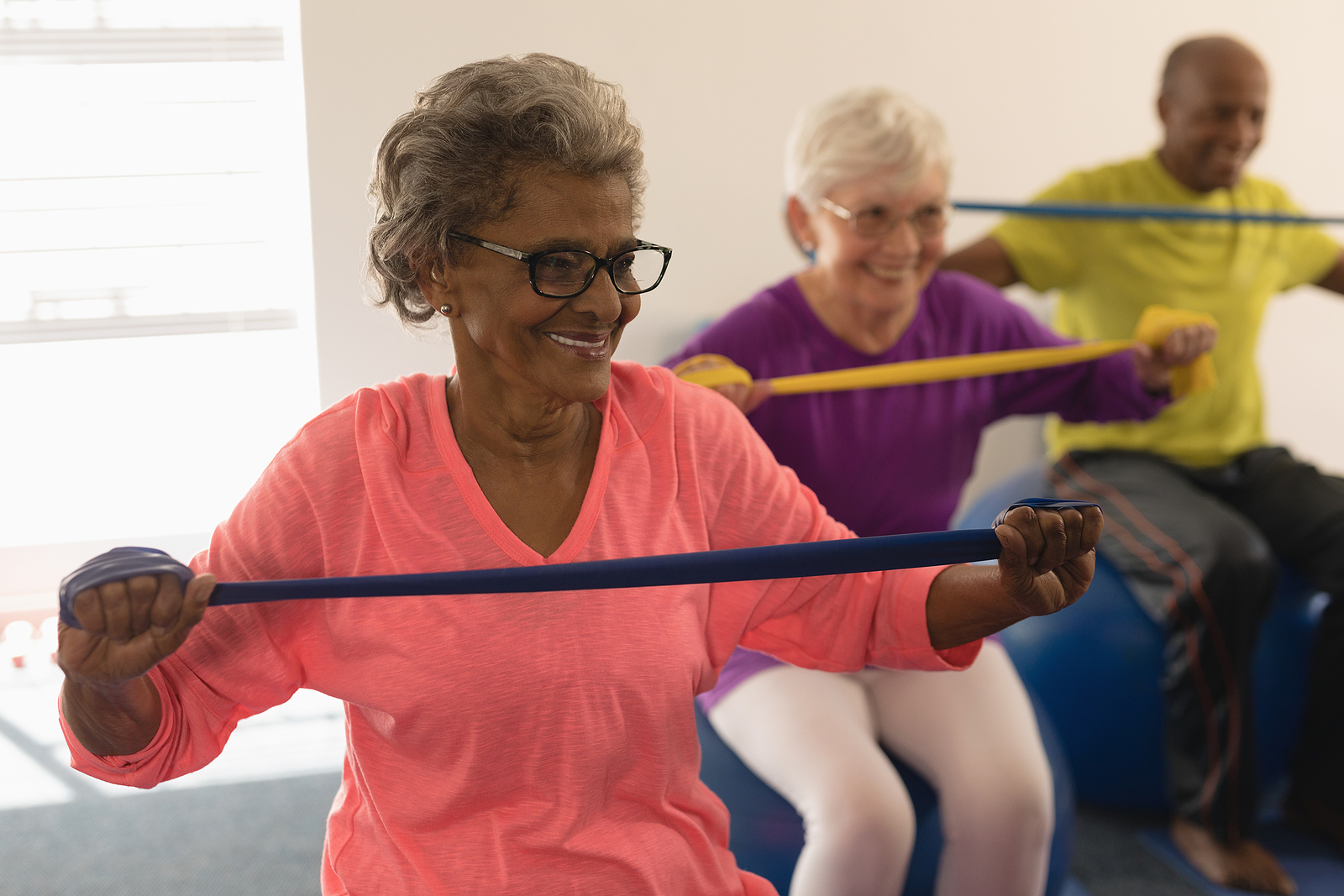The likelihood of loneliness and depression increases with age, which can present serious obstacles to mental and emotional health. A number of things, including losing loved ones, health problems, and fewer social connections, might make these emotions worse. Seniors can, however, actively address these problems and have happy, connected lives if they are equipped with the appropriate strategies and have support from home care.
Keep Socializing
While it might be difficult, especially at first, it’s important for seniors to keep up with social ties. Home care and loved ones can encourage seniors to maintain regular phone conversations, video chats, or in-person visits with friends and other family members. Additionally, they may enjoy meeting new people by attending community events, going to the senior center, or even volunteering.
Focus on Physical Activity
Exercise has been shown to elevate mood and reduce depressive symptoms. This is thanks to the rush of endorphins, which are naturally occurring mood enhancers that are released during exercise. Engaging in social activities such as walking, swimming, or senior-specific group exercise courses might help counteract loneliness by fostering social connection. This is also good for seniors’ overall health, as they should shoot for 30 minutes of moderate exercise most days a week. While they may feel shy starting out, home care can help them take the first steps.
Enjoy Hobbies and Interests
It’s easier to socialize when there are a group of like-minded people in the setting. With this in mind, seniors should be encouraged to seek out ways they can enjoy their hobbies and socialize at the same time, such as with a quilting group, book club, or gardening club. The same goes for their interests. If they like music, they should attend the local concert in town. The more they branch out of their comfort zone, the more their depression subsides.
Consider Getting a Pet
A quick cure for loneliness or depression is to add a pet into the mix. Pets offer company, reduce feelings of isolation, and promote exercise—especially if they’re a dog that needs frequent walks. However, it’s important to keep seniors’ budget and physical capabilities in mind when considering if they should get a pet and what type. If it is determined that owning a pet won’t work, they may enjoy volunteering at a shelter instead.
Engage Mentally
Feelings of depression can be avoided by keeping the mind active. Reading, solving puzzles, playing games, learning a new language, and engaging in other cognitively stimulating activities might help divert the mind from unpleasant thoughts. For seniors, they should schedule time each day to engage their minds. Even better? Home care and loved ones can encourage them to continually try new things, which not only keeps them engaged but also reduces boredom.
Seek Professional Advice
Even with the best of intentions, depression symptoms can occasionally linger. In these situations, getting expert assistance is essential. Senior-specific counseling, therapy, or support groups can offer invaluable coping mechanisms for depression and loneliness. Also, with the rise in technology, many therapists now offer virtual appointments, which can be easier for seniors.
Senior depression and loneliness can be avoided with a proactive strategy that incorporates mental, physical, and social stimulation. By utilizing the tips above and getting support from home care and loved ones, seniors can actively work to reduce these feelings and improve their overall health and well-being.
Sources:
https://www.helpguide.org/mental-health/depression/depression-in-older-adults
https://health.clevelandclinic.org/depression-in-elderly
If you are considering home care in Summerlin, NV for an aging loved one, please contact the caring staff at Golden Heart Senior Care of Summerlin. 702-800-4616

